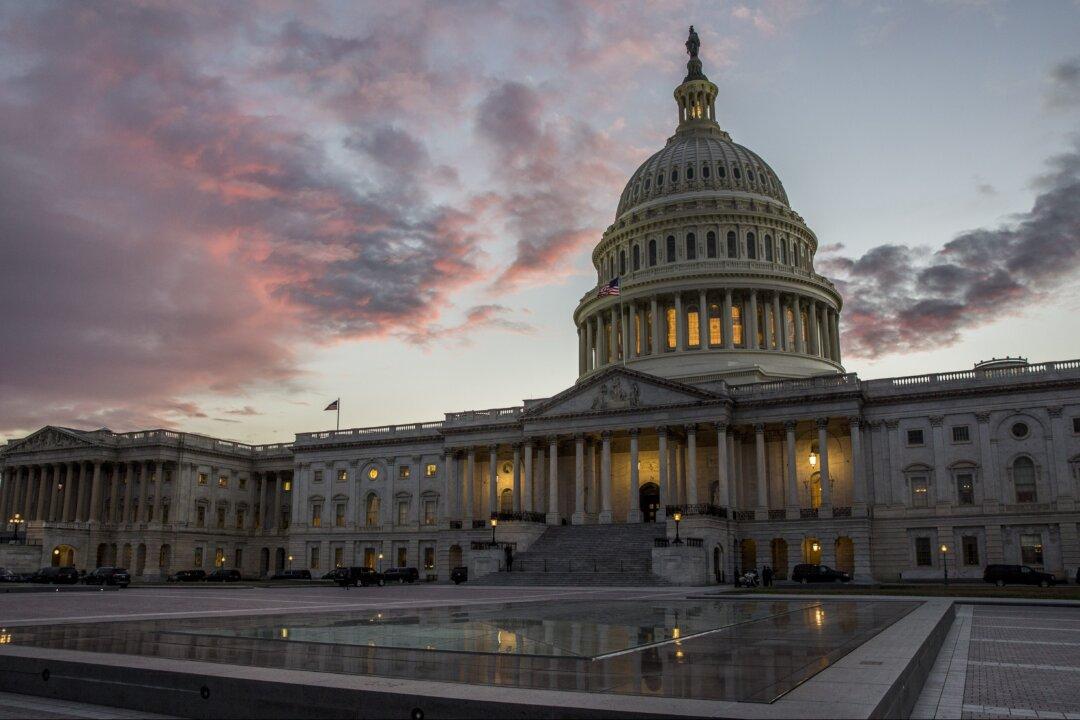Sen. Chuck Grassley (R-Iowa) is pressuring Senate leadership Nov. 15 to support a prison reform bill called the First Step Act, a version of which passed overwhelmingly in the House in May.
Following on President Donald Trump’s appeals to the leadership in both chambers the day before, Grassley called for members on both sides of the aisle to support what he called “the most significant criminal justice reforms in a generation or more.”





